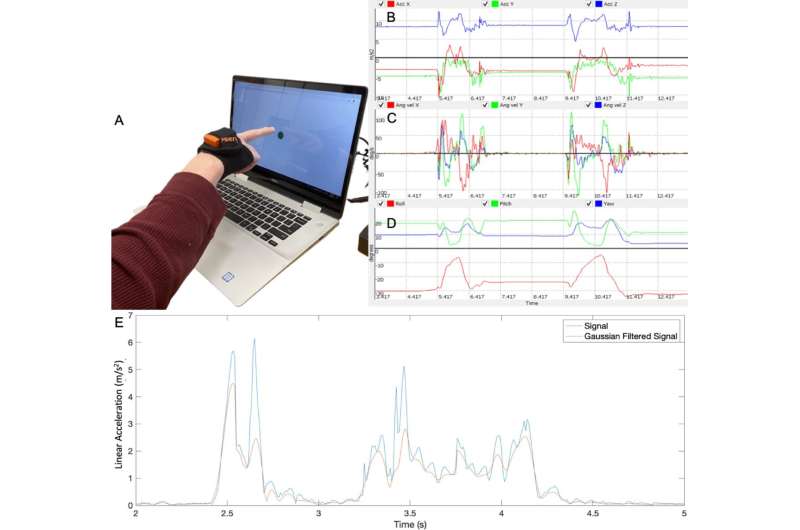Psychiatrists, who currently use a variety of tests and patient surveys to analyze symptoms such as communication impairments, hyperactivity or repeated behaviors, have no widely available quantitative or biological tests to diagnose autism, ADHD or related disorders.
“The symptoms of neurodivergent disorders are very heterogeneous; psychiatrists call them ‘spectrum disorders’ because there’s no one observable thing that tells them if a person is neurotypical or not,” said Jorge José, the James H. Rudy Distinguished Professor of Physics in the College of Arts and Sciences at IU Bloomington and member of the Stark Neuroscience Research Institute at the IU School of Medicine in Indianapolis.
That’s why José—in collaboration with an interdisciplinary team of scholars, including IU School of Medicine Distinguished Professor Emeritus John I. Nurnberger and associate professor of psychiatry Martin Plawecki—dedicated his recent research to improving diagnostic tools for children with these symptoms.

